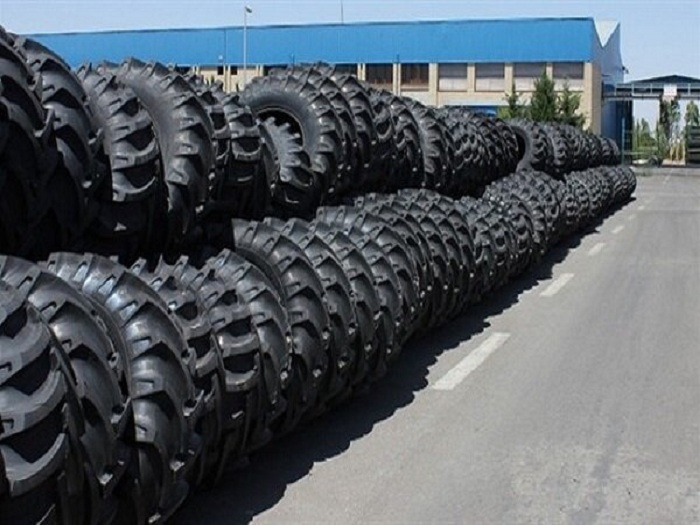Sixty percent of heavy rubber profits in the dealer's pocket

A member of the Tiresmans' Association criticized the government's allocation of the truck for tire imports, but did not charge the manufacturers with allegations of tire hoarding.
According to Iran's International Stone Exhibition, Ali Akbar Musharraf told reporters today that some tire and tire manufacturers refused to market it on the pretext of increasing gasoline prices: "We certainly do not have this and our warehouses are always at our minimum capacity. And we report every day to our Ministry of Industry, Mines and Commerce.
"I basically reject the hoarding of rubber," he said.
"Unfortunately, in recent months, we have imported a lot of heavy tires and this has made domestic market difficult," the tire industry official said. Iran is the only heavy and heavy-duty radial tire maker in the region; today we are in dire straits in the domestic market for the sale of heavy tires. Inside the freight tire and heavy bus.
"This is not true and we were able to set a record of producing one thousand and hundreds of heavy tires a day," said a member of the Tire Industry Association, specifying that domestic tire makers had reduced tire and bus tire prices. So the tire makers are reluctant to produce heavy tires to raise their prices.
He added that the government should support the domestic industry by controlling imports and imposing tariffs on rubber imports, but since imports are always possible, the domestic industry is in trouble and cannot easily be resolved. We call on the Ministry of Industry, Mines and Commerce to support more tire production.
He also emphasized the importation of heavy tires in the state currency and its supply at a lower price than the finished price of domestic production: In Iran, between one million and two hundred thousand to one million four hundred thousand tires are required for freight and bus tires. This is because truckers tend to use wired tires up to cotton, but in the country we produce up to three hundred and fifty thousand rings and we have no choice but to import. But unfortunately in the last few months more tires have been imported than needed.
Musharraf considered imported tires as Chinese tires and relatively lower quality than domestically produced and cheaper, and noted: when imported, the standard organization has little control over imported cargoes and low quality tires enter the country. And make the manufacturer in trouble.
He said that at a time when the tire shortage had put a heavy burden on the transportation industry, the government had put it into government currency, saying, "There is no longer any need for this at present and domestic production must be stopped. To save the weak.
"We do not use any aromatics in domestic tires at the same time we have been able to produce quality RR tires," the tire manufacturer said, adding that we should move to tire production that would not cause environmental damage. Down to a one percent reduction in fuel consumption in cars.
Musharraf also mentioned the price of tires: At present, domestic tire manufacturers sell their products at prices up to 60 percent cheaper than the market, which unfortunately goes to the dealers' pockets. This is a big problem for many countries in both commodities that endanger the producer and the end consumer; in any case there is a free market and the price given to the end consumer in the free market for tires is much more expensive than that. That the manufacturer gives to the market. This price difference between the producer and the consumer must be reduced to the benefit of the producer so that the tyrants can use it to move towards increasing the quantity and quality of production and thus reducing the price.










